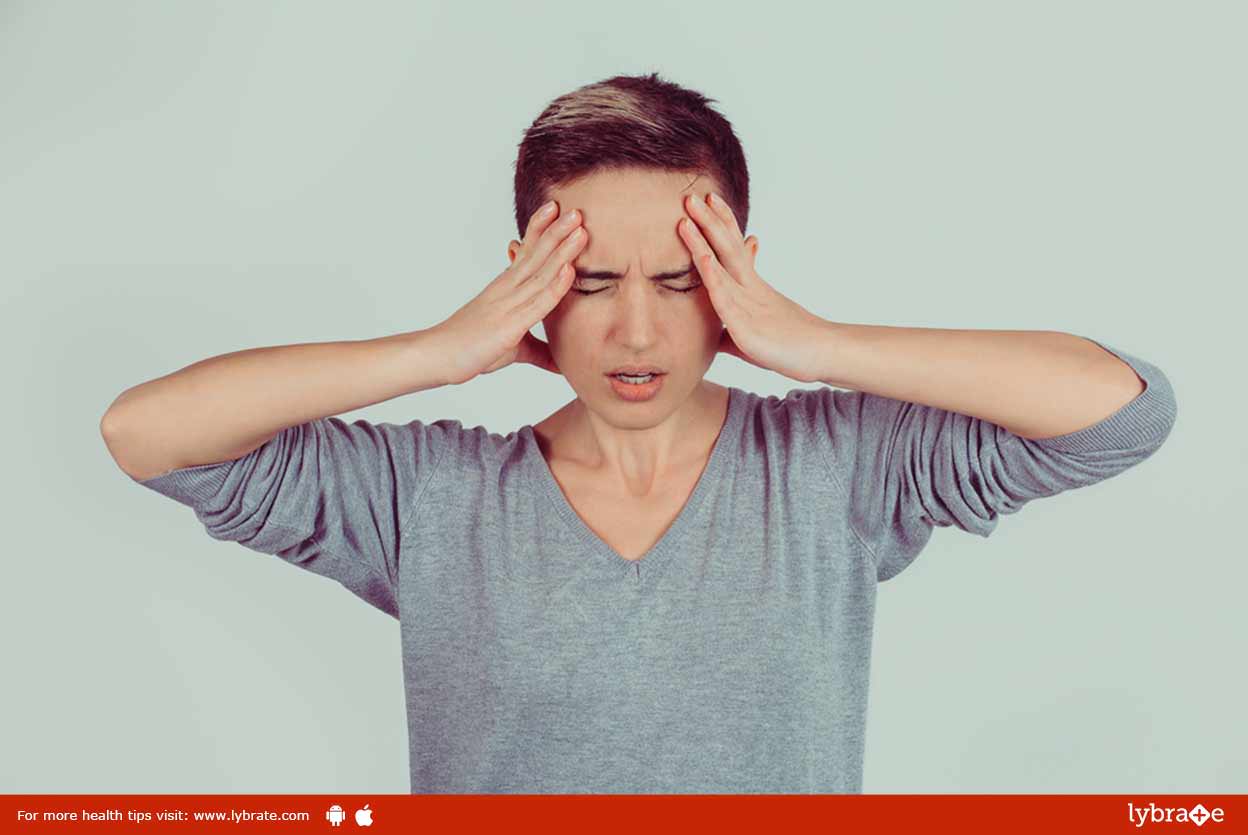By Kiran Institute Of Ent Mental Health Neurosciences(kiemhans) , Psychiatry
Obsessive Compulsive Disorder, commonly known as OCD, is a psychological disorder. It is basically characterised by obsessive and abnormal thoughts which tend to influence several activities which become persistent over a period of time and are commonly referred to as compulsions. There have been cases where people tend to suffer from either obsessions or compulsions. Such people are also said to be affected by obsessive compulsive disorder.
People With OCD: What do they feel?
People suffering from Obsessive Compulsive Disorder are not able to understand whether their thoughts are credible or not. Sometimes they might realise their obsessions are not quite reasonable, but they feel that they do not have any control over their obsessions.
Sometimes, however, people who are suffering from Obsessive Compulsive Disorders and are very much aware of it, try to stop their obsessions. Some of them even succeed. Depression and anxiety tend to have detrimental effects on the condition and people tend to indulge in compulsive behaviour just to deal with stress.
What Happens in OCD?
This particular condition revolves around several themes. Some of the patients may be obsessive about microbial infection or germ contamination. So, to reduce the obsession they tend to wash their hands compulsively. Others may obsess about proper arrangement of each and every one of their belongings and spend an illogical amount of time doing it. This leads to a continuous irrational behaviour which is a primary characteristic of Obsessive Compulsive Disorder.
OCD treatment- Holistic approach is the best way to treat OCD which include Medications as well as Psychotherapy. There are several medicines used in OCD to balance the neuro-chemical in the brain which is essential to control the symptoms of OCD in acute phage. Behavioural changes due to long standing obsessive thoughts and associated compulsion need extensive psychotherapy to change. Majorly exposure and response prevention therapy is used to control the residual symptoms.








































